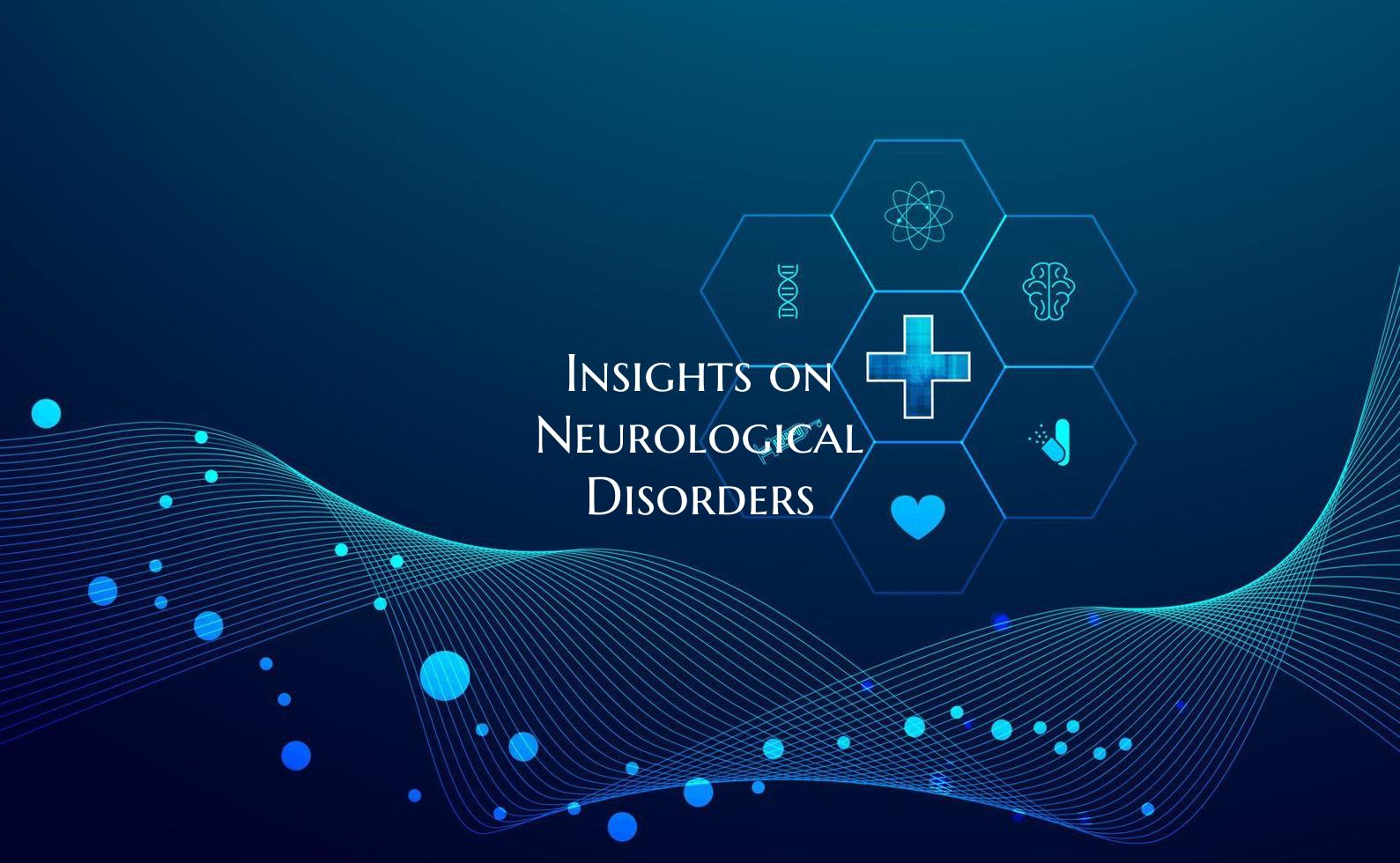
Insights on Neurological Disorders
Neurological disorders are a group of health problems that affect the brain, spinal cord, and nerves throughout the body. These disorders can have a significant impact on a person's quality of life and may present a wide range of symptoms and challenges.
One common neurological disorder is Alzheimer's disease, which is characterized by memory loss, cognitive decline, and changes in behavior. This progressive condition affects millions of people worldwide and can be emotionally and financially challenging for both patients and their families.
Another prevalent neurological disorder is Parkinson's disease, a movement disorder that causes tremors, stiffness, and difficulty with balance and coordination. While there is no cure for Parkinson's disease, treatments such as medications and physical therapy can help manage symptoms and improve quality of life.
Multiple sclerosis (MS) is another neurological disorder that affects the central nervous system, disrupting the flow of information within the brain and between the brain and the rest of the body. Symptoms of MS can vary widely and may include fatigue, weakness, numbness, and difficulty with coordination.
Epilepsy is a neurological disorder characterized by recurrent seizures, which are caused by abnormal electrical activity in the brain. While epilepsy can be controlled with medication in many cases, some individuals may require surgery or other treatments to manage their condition effectively.
Understanding the complexities of neurological disorders is crucial for early diagnosis, treatment, and management. Research into these conditions is ongoing, with scientists and healthcare professionals working to develop new therapies and interventions to improve outcomes for patients.
If you or a loved one is experiencing symptoms of a neurological disorder, it is essential to seek medical advice and treatment promptly. A healthcare provider can help diagnose the condition and develop a personalized care plan to address symptoms and improve quality of life.
By raising awareness, supporting research, and promoting access to care, we can continue to make strides in the field of neurology and provide better outcomes for individuals living with these challenging conditions. Together, we can work towards a future where neurological disorders are better understood, effectively treated, and, ultimately, cured.